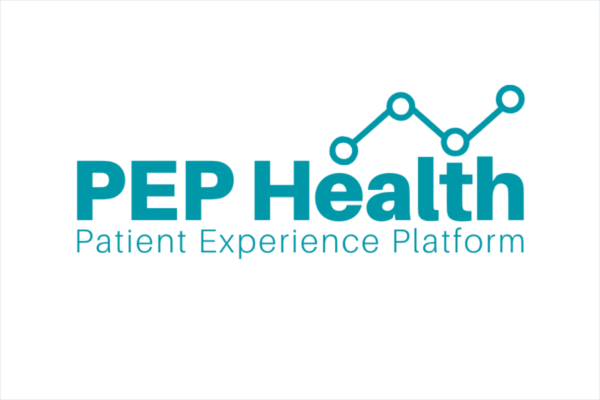
The challenge
Currently, 10 to 12% of patients in the NHS receive some form of harm, and approximately half of this is thought to be preventable – including around 11,000 deaths per year. According to the NHS Patient Safety Strategy (July 2019), the NHS aims to continuously improve patient safety. Since 2013, the Department of Health, Care Quality Commission (CQC) and NHS England, amongst others, have stated their support for the monitoring of online patient feedback to improve quality, but this is difficult to do.
The solution
Using sophisticated artificial intelligence (AI), PEP Health listens to and understands what patients say about their care across social media and review sites, converting them into near real-time feedback. Patient safety concerns are flagged immediately to support prompt action and learning, reducing preventable harm and associated costs.
Since 2018, over 10m discrete public comments have been collected, covering every UK hospital. By offering a standardised, highly scalable way of representing patient views, PEP Health helps to shape services in the future and improve quality.
The NHS is truly committed to listening to patients but has never captured their views in a large scale and meaningful way, thus limiting our ability to shape services to deliver better outcomes and experience. This is exactly what PEP offers – a digital solution, using channels citizens use already, delivering real time insights into what patients really think.
Dame Barbara Hakin, doctor and former Deputy CEO of NHS England
The impact
- Over 10m UK comments collected and analysed in the first 2 years
- Empirically proven that overall PEP score is a strong predictor of CQC rating
- Improves quality and has reduced complaints by up to 30%
- Increases staff engagement by providing speedy feedback to front-line staff